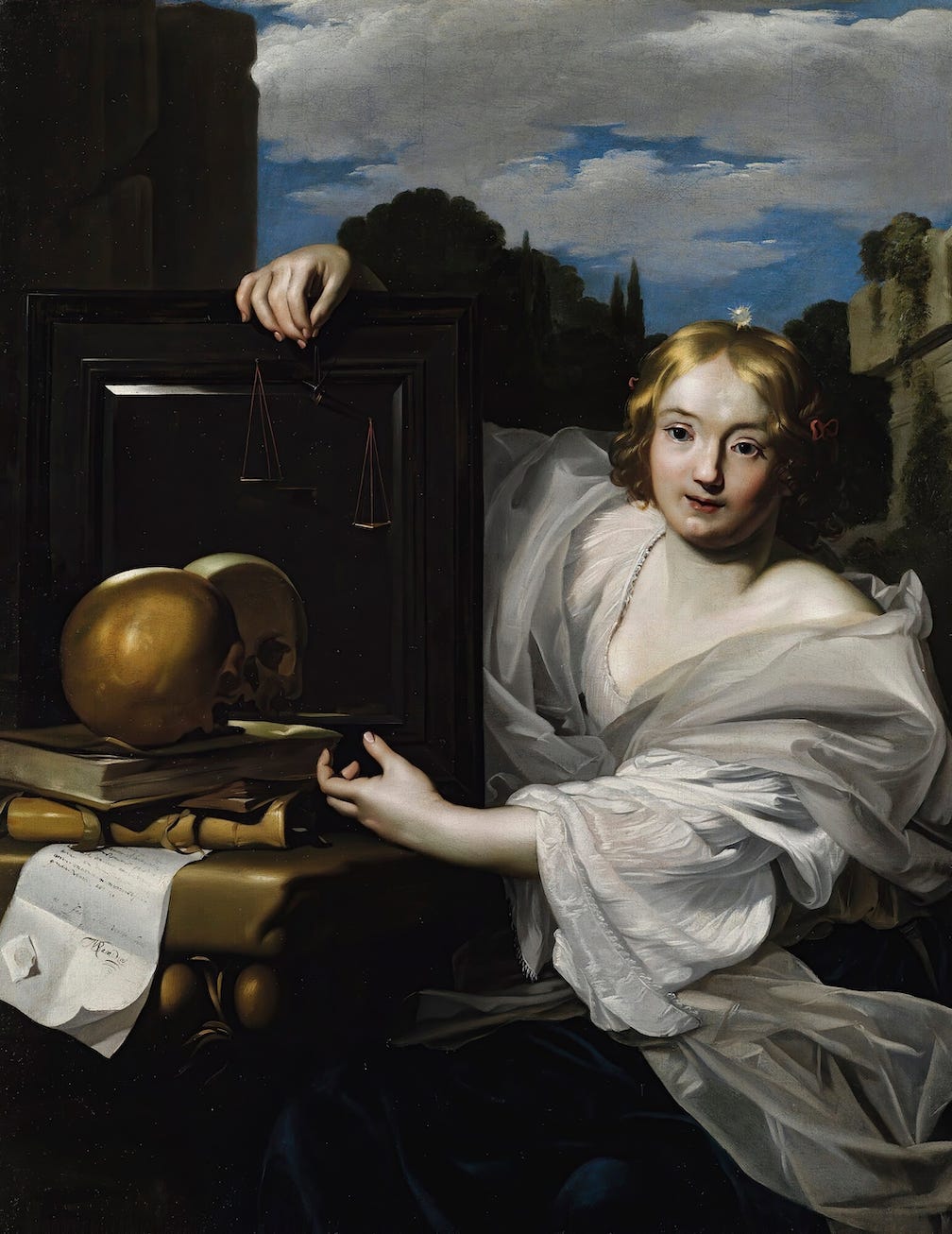Looking for Context, Insight and Knowledge Among Wine Influencers
I'm sure it must exist...somewhere
I’ve had my say about wine “Influencers”. Anyone who has paid slight attention to my writings on the wine media has noticed my opinion that the vast majority of “influencers” is that they are vapid, know-nothing, advertising hacks with opinions on sale to the highest bidder.
Guy Woodward is nicer than me.
Writing in Harpers Wine, Woodward, an experienced, award-winning, insightful writer, offers this nugget in an article entitled “Wine’s Social “experts’ “:
“The opening up of the previously distant wine world to a new market, often showcasing more affordable wines in a more personal manner can only be a good thing. And contrary to Twitter, its (Instagram’s) most effective practitioners have been able to build substantial profiles for themselves. How much they actually know about wine is open to question. But does that matter?”
Woodward’s primary complaint with Instagram wine influencers is what he sees as a tendency among those “without experience and/or expertise” to lavishly heap praise on any wine they get for free and then repeat the words from a press release that came with the free sample.
Woodward’s mildly worded questionngof the Influencer Generation follows on the heels of a much earlier and, at the time, thoroughly talked about piece from writer Jancis Robinson in which the grand dame of wine writing lamented “the sands that have been shifting under the notion of expertise in this era of instant communication and (often anti) social media.”
Let’s talk about expertise for a moment. It’s not a complicated idea. However, possessing it requires something rare. Expertise is the ability to offer context and insight on a subject about which one possesses deep knowledge. If you are thinking this doesn’t sound like your typical wine influencer you would be correct. However, it does sound like Jancis Robinson, Guy Woodward, Hugh Johnson, Michael Broadbent, Robert Joseph and Tim Atkins.
There is no question that a certain hostility toward “experts” has arisen not just in the wine industry but in the culture at large. President Trump didn’t help the matter with his dismissal of experts as an unnecessary cohort needed to properly run a government. How’d that turn out?
But Americans have always had a love-hate relationship with experts. On the one hand we have always been drawn to and willing to hold up the most knowledgeable among us. Salk, the physicists that created the atomic bomb, and inventors like Edison and Bell were all experts and have received much deserved praise. At the same time, we have regularly denigrated the “eggheads” in academia and have been prone to elect populist leaders, many of whom didn’t know how the levers of the government they wanted to head actually worked.
Every now and then you will see a news story relating the fact that some group of “wine experts” couldn’t give an identical wine rating to an identical wine upon second tasting and thus ensues denigration of the idea of wine expertise. The more common form of denigration of wine expertise is found in the common lament that wine writers use words to describe wines that no one is familiar with (Gooseberry?). This complaint is nothing more than anti-elitism.
These kinds of criticisms strike me as petty attempts to tear down the person at the top of the heap. This too is a distasteful and common American trait born of weak minds who find it easier to tear someone or something down in order to avoid the work necessary to lift themselves up.
But the fact is, you know expertise when you see it. It is that thoughtful insight offered that could only be derived from a mind that has studied a body of knowledge and uncovered a unique connection between two seemingly disconnected facts or ideas. This is hard work and shouldn’t be attempted by folks who concern themselves more frequently with how to properly light both a wine bottle and their own face for a photo on an Instagram post.
You’ll note something else about real experts. They tend to give credit to the shoulders upon which they stand. You’d be hard-pressed to find any member of the wine intelligencia who hasn’t taken time to speak or write at length about their predecessors. Again, not something your run-of-the-mill wine influencer engages in. Some, in fact, are more likely to denigrate the previous generations of wine experts as nothing more than old white men.
Truth be told, I should have more sympathy for the new breed of wine influencer that Woodward kindly questions and Jancis frets over. When wine bloggers first came on the scene (I was one of the early ones in 2004) the parade of invective over the “wannabes” in the wine blogging corp seemed endless. And I’m the one who celebrated wine blogging as the gift to wine lovers that lifted up previously unheard voices among which were a number of insightful commentators.
I”m willing to admit that the “wine influencer” is indeed something new and they do offer a number of “previously unheard voices”. I’m just waiting for the insight and context to be offered alongside the pretty pictures of free samples.



It falls to the wineries and media relations publicists to hard vett to whom they send samples. Not all writers, bloggers, influencers are created equal -- hardly.